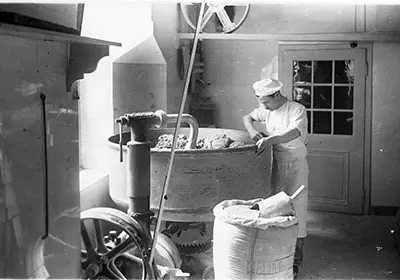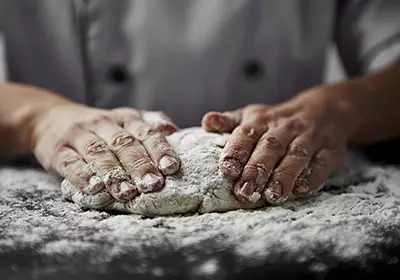Our History
The history of Haverland Bakery can be traced back to 1570. Jörgen Haverland founded his company by baking only one type of bread - pumpernickel. The recipe and also the number of bread types were not changed by his successors at first.
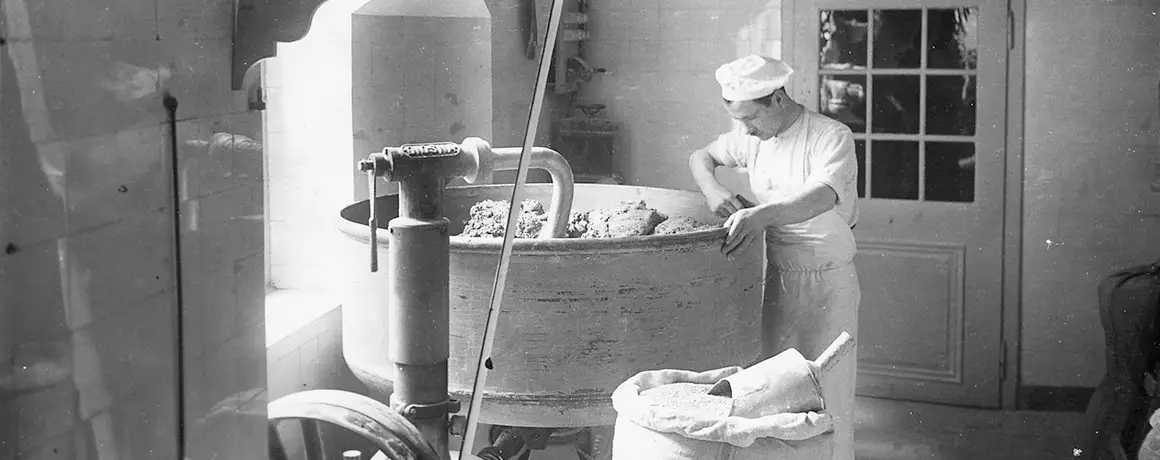
Pumpernickel: one bread - many stories
There are many stories surrounding the origin of pumpernickel and its special features.
For example, as a town in the Middle Ages, Soest was almost completely surrounded by foreign territories and was often besieged for long periods at a time, such as during the Soest Feud in the mid-15th century. The particularly durable pumpernickel was the perfect "emergency ration" for the citizens.
Other stories say that pumpernickel was invented by chance during the Soest Feud. Due to the sudden start of the feud, the bread was forgotten in the oven and stewed away for 24 hours in the cooling oven. But the black-baked bread did not have to be thrown away, on the contrary: it was particularly aromatic and tasty and also very filling and durable.
Pumpernickel is also recorded on paintings in the Wiesenkirche in Soest as part of the Westphalian evening meal with dark bread, ham, beer and schnapps. Even today, this meal is served and enjoyed this way.
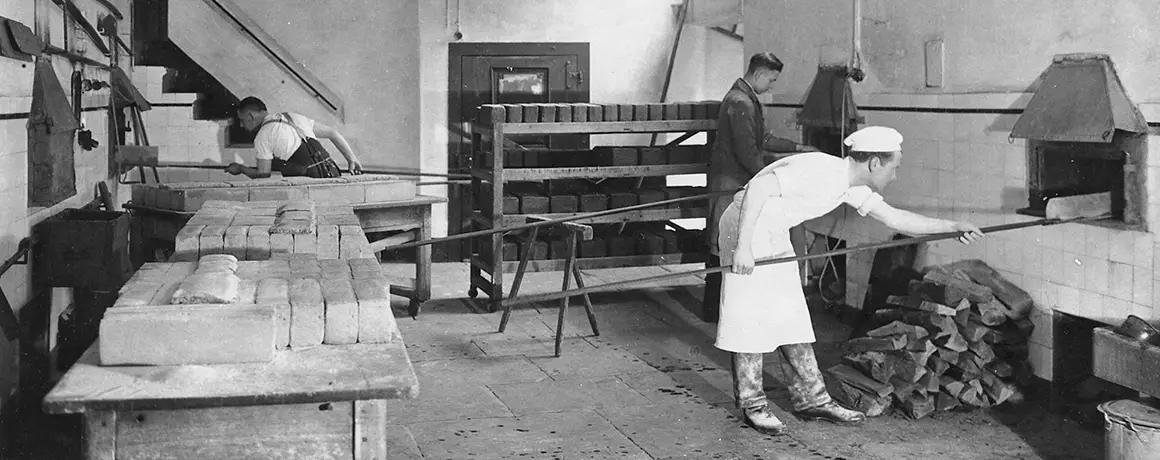
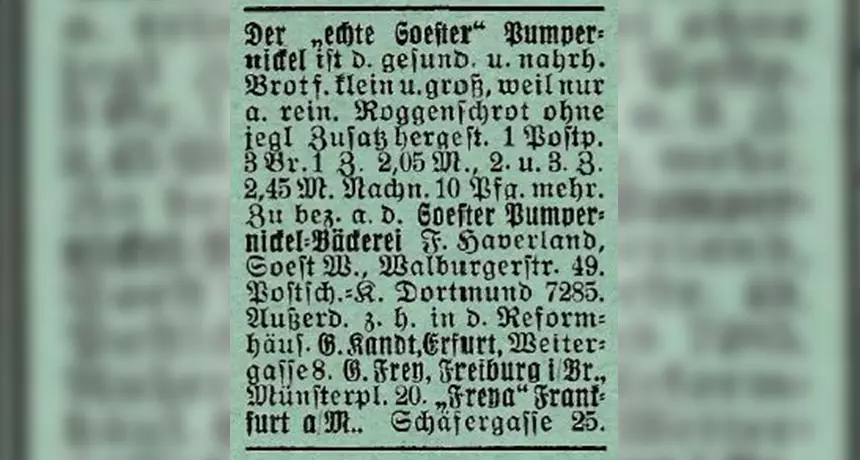
The Haverland Bakery
The long baking time of pumpernickel of about 24 hours could not be afforded by normal bakeries, as the bread occupied the oven for too long. For the specialized pumpernickel bakery Haverland this was not a problem. At Haverland, pumpernickel was only baked according to a strict purity law: only rye meal and water went into the dough as far back as Jörgen Haverland (1570 - 1659).
With its black Westphalian bread, the Haverland bakery was also known outside the Soester Börde region. In 1892, the Haverland bakery even became a "ducal Bavarian court supplier".
The bakery and the Haverland family have seen and experienced a lot in 4 centuries of family history: from the end of the 30-year war, Peter the Great as the first emperor of Russia, the birth of Goethe, the founding of the USA and two world wars to the first man on the moon, the building of the Berlin Wall and the fall of the Wall.
In the mid-1980s, Jochen Haverland, the 12th generation, took over the bakery business and added a total of 19 different types of bread to the range.
In 2010, Kuchenmeister GmbH, also a Soest family business with a long history, took over the traditional Haverland bakery from insolvency and secured its continued existence in the long term and on a sustainable basis.
Today, in one of the oldest bakeries in Germany, they bake a variety of whole-grain breads and still the Westphalian pumpernickel - and continue to do so strictly according to the Haverland purity rule.
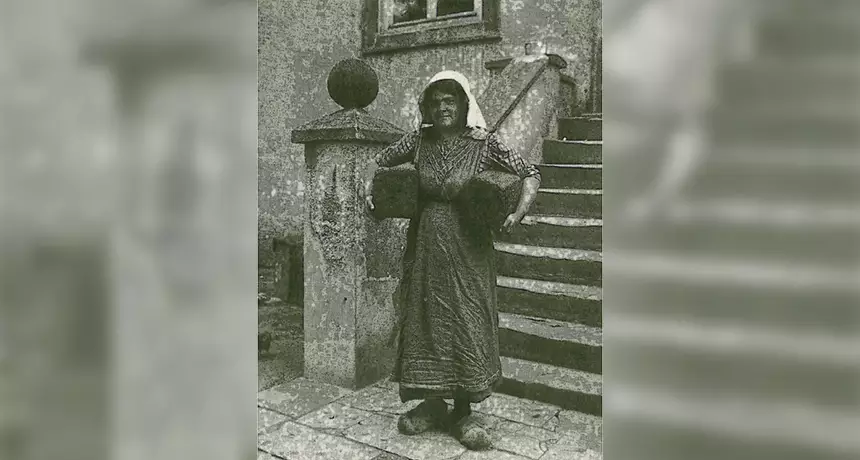
The traditional Haverland Bakery
You can also find a moving insight into the history of pumpernickel and the Haverland bakery in our video "The traditional Haverland bakery" (in German) in cooperation with Winfried Vollmer from the Soester Film-Klub e.V.
